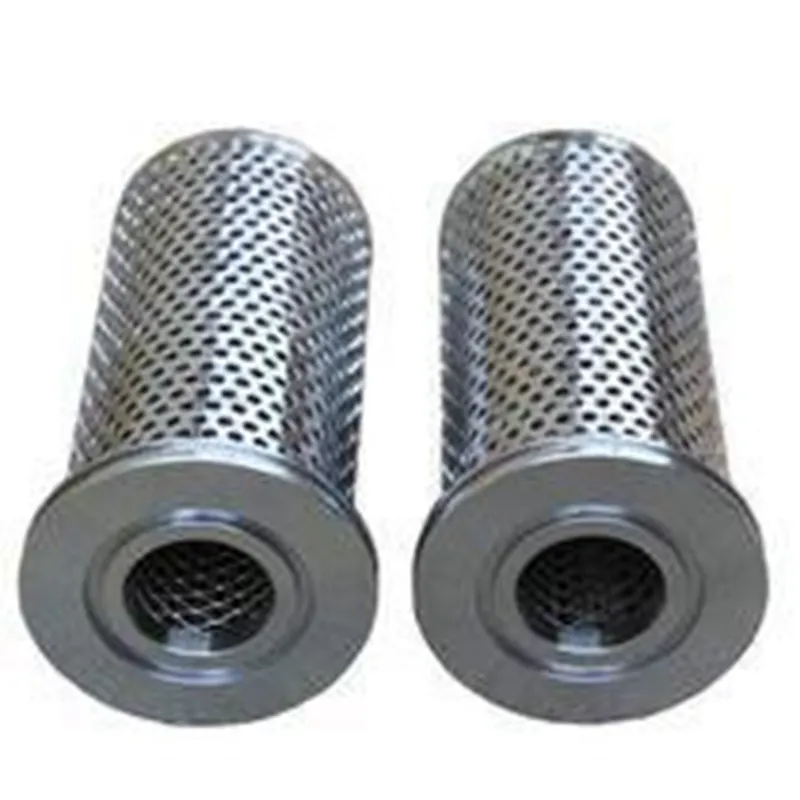 Tel:
+8615930870079
Tel:
+8615930870079
lis . 21, 2024 12:14 Back to list
stainless steel filter element
Understanding Stainless Steel Filter Elements
Stainless steel filter elements play a crucial role in various industrial applications, serving as essential components in filtration systems. These filters are designed to remove impurities from liquids and gases, ensuring purity and functionality in diverse processes.
One of the most significant advantages of stainless steel filter elements is their durability. Unlike traditional filters made from paper or plastic, stainless steel offers superior resistance to corrosion, heat, and pressure. This makes them an ideal choice for demanding environments, such as chemical processing, food and beverage production, and oil and gas extraction. Stainless steel can withstand extreme temperatures and harsh chemicals, reducing the frequency of replacement and maintenance, ultimately lowering operational costs.
Another critical benefit is the ability to maintain structural integrity under various conditions. Stainless steel filters can handle high flow rates while maintaining a consistent porous structure, allowing for efficient filtration without compromising performance. This is particularly important in industries where consistent product quality is paramount.
stainless steel filter element

Furthermore, stainless steel filter elements can be cleaned and reused, making them a more sustainable option compared to disposable filters
. They can be backwashed, mechanically cleaned, or chemically treated to restore their filtering capabilities. This not only reduces waste but also contributes to a more eco-friendly operation, aligning with the growing emphasis on sustainability in industrial practices.In addition to durability and reusability, stainless steel filters offer a range of filtration ratings. They can be produced with varying pore sizes to meet specific requirements, from coarse filtration to ultra-fine filtration. This versatility allows them to be tailored for specific applications, ensuring optimal performance and efficiency.
Regular maintenance and proper care of stainless steel filter elements are essential for ensuring their longevity and effectiveness. Routine inspections and cleaning are recommended to prevent clogging and to maintain the desired flow rates. Operators should be trained to identify signs of wear or damage to ensure timely replacements when necessary.
In conclusion, stainless steel filter elements are invaluable in numerous industries due to their durability, efficiency, and sustainability. Businesses looking to enhance their filtration processes should consider switching to stainless steel to benefit from modern advancements in materials and design. By doing so, they will not only improve their product quality but also contribute positively to the environment.
-
Nano Fiber Technology: Revolutionizing Cartridge Dust Collector FiltersNewsAug.06,2025
-
How Activated Carbon Air Cartridges Eliminate OdorsNewsAug.06,2025
-
Dust Filter Cartridge Handling Fine Particulate MatterNewsAug.06,2025
-
Cartridge Dust Collector Filter for Welding Fume ExtractionNewsAug.06,2025
-
Activated Carbon Filter Cartridge Effectiveness Against VOCsNewsAug.06,2025
-
Activated Carbon Air Filter Cartridge Benefits ExplainedNewsAug.06,2025

 Email:
Email:





